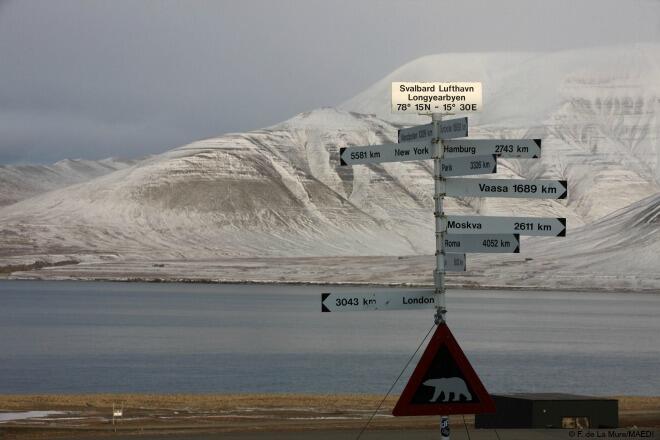The 21st session of the Conference of the Parties to the United Nations Framework Convention on Climate Change (UNFCCC), or COP21*, will be held from November the 30th to December the 11th, 2015 on the Paris-Le Bourget site, bringing together around 40,000 participants in total – delegates representing each country, observers, and civil society members. It is the largest diplomatic event ever hosted by France and one of the largest climate conferences ever organized.
France has two major responsibilities:
- As the host country, France will need to provide the participants with the best possible working environment, transport and accommodation.
- As the holder of the Conference presidency, France will need to facilitate discussions between countries and ensure the negotiations are transparent and inclusive.
The stakes are high: the aim is to reach, for the first time, a universal, legally binding agreement that will enable us to combat climate change effectively and boost the transition towards resilient, low-carbon societies and economies.
To achieve this, the future agreement must focus equally on mitigation – that is, efforts to reduce greenhouse gas emissions in order to limit global warming to below 2°C – and societies’ adaptation to existing climate changes. These efforts must take into account the needs and capacities of each country. The agreement will enter into force in 2020 and will need to be sustainable to enable long-term change.
In addition, each country must publish its national contribution, presenting its national efforts, as soon as possible and before COP21. This exercise is a new development in international climate negotiations and France has undertaken to help certain countries that are in difficulty to prepare their contribution, so that each one can present a national contribution to the global effort against climate change that corresponds to its situation. Shortly before COP21, the UNFCCC secretariat will publish a summary of these contributions, to give an indication of the cumulative impact of all these efforts.
Another key objective of the COP21 is the mobilization of $100 billion per year by developed countries, from public and private sources, from 2020. This commitment, made in Copenhagen, should enable developing countries to combat climate change whilst promoting fair and sustainable development. Some of these funds will pass through the Green Climate Fund, which has received initial capital of $10.2 billion, including almost $1 billion from France. More generally, COP21 needs to guide economic and financial stakeholders towards redirecting their investments in order to launch the transition to low-carbon economies.
Many initiatives are currently being developed by a range of non-governmental stakeholders: cities, regions, businesses, associations, and so on. This is known as the Agenda of Solutions. Since the New York Climate Summit of September 2014, there has been a growing trend towards concrete action, exchange of best practices and knowledge transfer. These initiatives will supplement States’ commitments, raise awareness of economic and social opportunities, and thus help to strengthen individual ambitions.
——————————————————-
*WHAT IS A COP?
Laurent Fabius, minister of Foreign Affairs and International Development, next COP21/CMP11 president’s message











